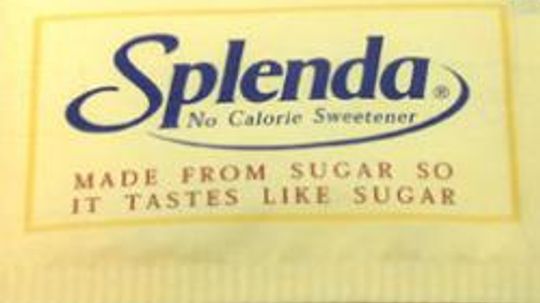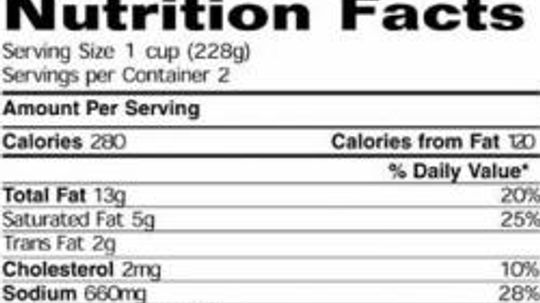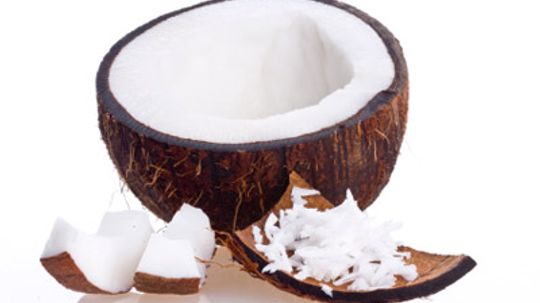Food and Nutrition
Food and nutrition affect both body and mind. Learn about all aspects of food and nutrition, from vitamins to aging to natural foods.

Ultra-processed Foods May Increase Inflammation, Chronic Disease Risk

Top 5 Anti-aging Vitamins

Your Basic Health Maintenance Plan

The Worst Bottled Water Brands Are Basically Filtered Tap Water
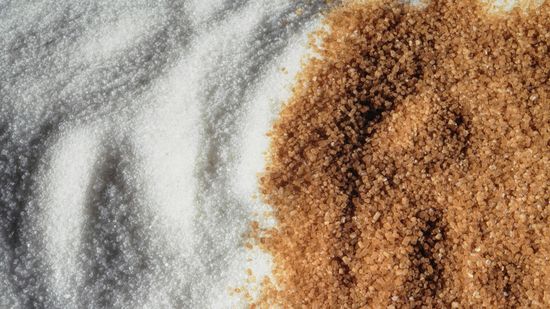
What's the Difference Between White Sugar and Brown Sugar?
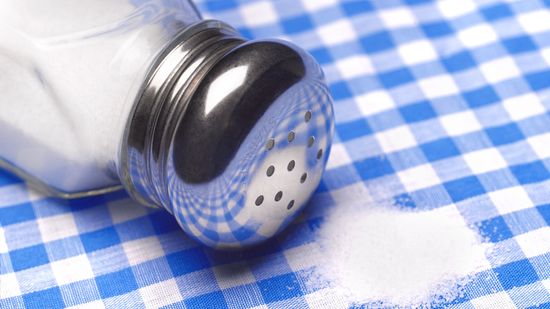
A Simple Salt Swap Could Save Thousands of Lives, Maybe Yours

Healthiest Bottled Water: 12 Options Available in Stores

Do You Need Soap to Get Your Dishes Clean?

The FDA and America's Frightening Food System

U.S. Workers Get 1,292 Extra Calories per Week From Snacks at Work

Why a Second Breakfast Can Be Good for Us
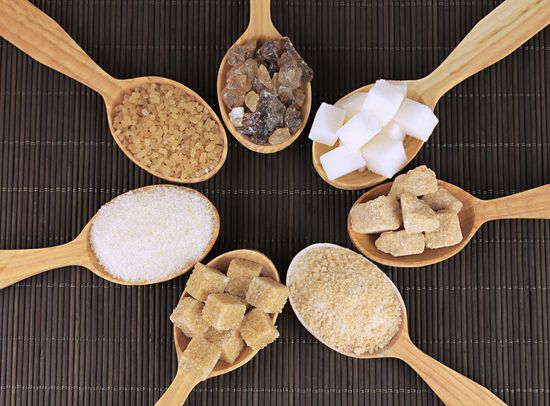
Is brown sugar healthier than white sugar?
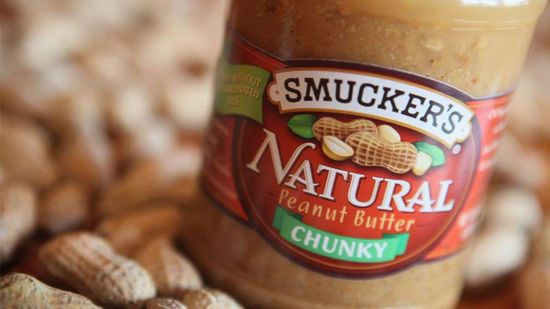
What Makes a Food 'Natural'?

20 Healthiest Foods Pictures
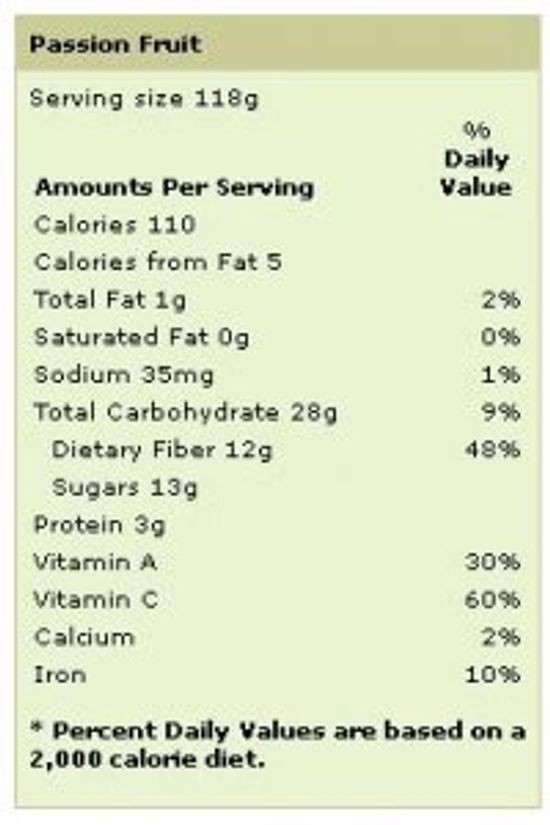
Passionfruit: Natural Food

10 Types of Magnesium Supplements You Should Know

Magnesium Glycinate vs. Citrate Vitamin Supplements

How Religion and Anti-regulatory Bias Birthed a $36 Billion Supplement Industry
Learn More / Page 5
The benefits of vitamin E are numerous. Click here to learn the benefits of vitamin E.
Artificial sweeteners are made from unnatural chemicals, so you should think twice before including them in your diet. Learn about the potential risks of ingesting artificial sweeteners and find out about healthier alternatives.
With this introductory guide to basic, better nutrition in any situation, get tips for improving your nutrition to promote good health. Learn basic nutrition tips that everyone should follow.
Advertisement
Can red wine protect against a heart attack? Learn how the centuries-old process of making and aging red wine might actually offer various mechanisms to protect against vascular disease.
Boswellia, also known as frankincense, has become a popular herb recently for its benefits in fighting inflammation. Learn about the possible health benefits of boswellia.
The caramel coloring prevalent in sodas may cause an increased risk of hypertension more than the caffeine, according to some studies. Learn about the possible hazards of caramel coloring and find out how to avoid it.
In many nutritional medicine circles, chlorella, a simple algae plant, is held in high regard for its health benefits as it contains several nutrients that can improve health. Learn about the many health benefits of chlorella.
Advertisement
The vitamin B family targets some of the most common health issues, including fatigue, stress, depression, high cholesterol and brain and heart health. Learn about choosing a B-complex vitamin to promote good health.
Coconut oil is an underutilized food with a hidden wealth of nutritional value for the body. Learn about the many health benefits of coconut oil.
Chemical food additives and preservatives have become nearly inescapable in traditional super markets, but these chemicals may not be safe for humans to ingest. Learn about the dangers of food additives and why you should consider organic options.
Nutritional supplements are typically available in four different categories, sorted according to quality. Learn about determining supplement quality according to grade.
Advertisement
Drinking plenty of water each day is certainly essential to our health. In fact, we can only survive a few days at best without water. But is drinking eight glasses of water a day really necessary?
Over the years, eggs have acquired a bruised reputation from reports they contribute to raised cholesterol. But the truth is that they are a nutritional powerhouse. Learn about the many health benefits of including eggs in your diet.
Iodine is a mineral known to be important for thyroid function, but over one billion people may be at risk for iodine deficiency. Learn why you should pay attention to this often forgotten mineral.
While we've been conditioned to believe milk is the epitome of healthy drinking, it's really a gamble -- it can be highly beneficial or highly detrimental. Learn the truth of whether milk is good for you.
Advertisement
Red fruits and vegetables offer healthy doses of lycopene, which provides numerous health benefits to the body. Learn why you should include plenty of lycopene in your diet.
Phosphatidylserine can rejuvenate the cell membranes of the brain, improving memory, attention span, concentration, mood and depression. Learn about the effects of phosphatidylserine on the brain.
Ribose is a simple supplement with substantial potential. Learn how ribose may be helpful in maintaining heart health and treating fatigue.
S adenosylmethionine could be helpful in treating various forms and causes of pain, from arthritis to depression. Learn about S adenosylmethionine.
Advertisement
The dangers of monosodium glutamate (MSG) need to be shared to protect the American family. Learn about the dangers of monosodium glutamate.
Theanine is found in green tea and is gaining a significant reputation among nutritional practitioners for its positive effects on anxiety. Learn about theanine, a supplement for soothing anxiety.
Folic acid, a member of the B vitamin family, has demonstrated benefits in a variety of areas. Learn about how folic acid benefits your body's health in a number of ways, preventing birth defects, stroke and cancer.
A generous sprinkling of bacon, croutons, cheese and nuts does not a healthy salad make -- and you can add hundreds of calories with a big helping of dressing. So, how to navigate the dressing aisle and salad bar?
Advertisement
While there's no stopping Father Time, there are steps you can take to delay some of the less desirable effects he has on your appearance and your health. One has to do with nutrition -- which vitamins can help you fight aging?
By Tom Scheve
Eating a good balance of the right nutrients is a good way to help keep your body healthy. One of those nutrients is omega-3 fatty acids, which you can find in seafood. But what if you have a seafood allergy?
By Tom Scheve

